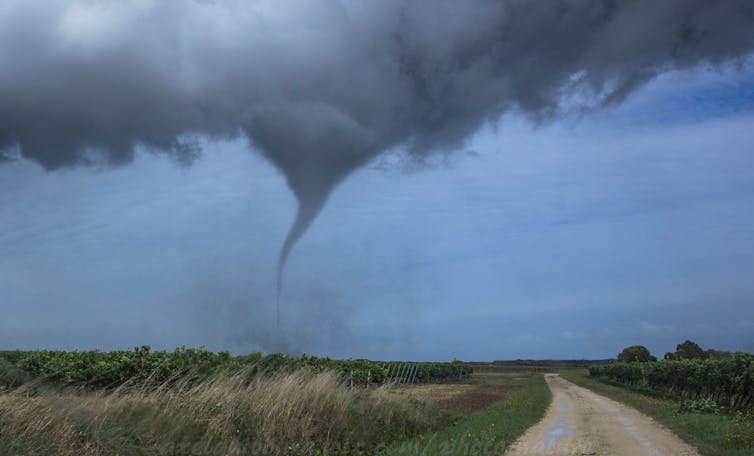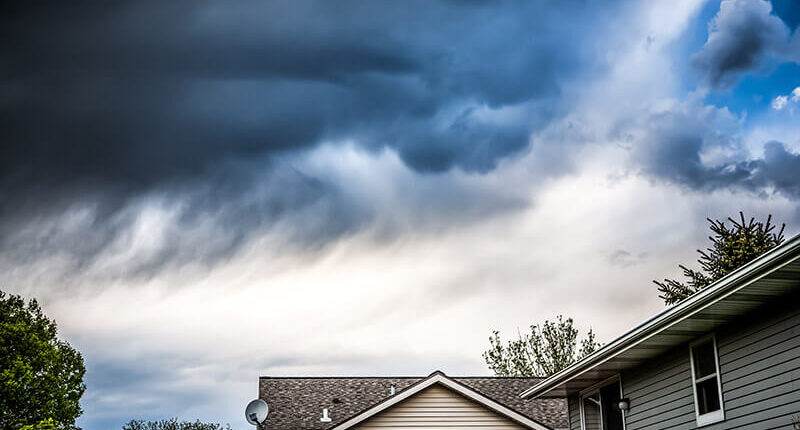Tornado Season:
When tornado season rolls around, it can wreak havoc on your home. You may worry about damage to your home’s exterior and other objects like your car. But, tornadoes can also impact your HVAC system. Knowing how tornados affect your HVAC system can help you find the cause of your HVAC problems.
How Tornadoes could damage your HVAC system?
Hail Storms:
Despise them or like them, hailstorms are unavoidable. HVAC condenser units are always kept outside so that they can pull the air from inside the house, cool it and blow it back as cold air into the house. Now that condenser unit is outside, it is the one that is most impacted by a hailstorm. Condenser units made of metal but hail does escape into the condenser unit. As the hail falls on the condenser of the air conditioner, however strong it may be, it causes dents in the thin fan fins that are made of metal though but are not as strong as to stand against a hailstorm. The fans get disfigured due to dents. This can make the fan ineffective and even nonoperational too. This further leads to less cold air production, more running time for HVAC; thereby causing higher electricity consumption. The best way is to get a hail guard on your HVAC condenser unit.
Effect of Lightning:
In a tornado, lightning is the most common thing. To ensure that lightning does not cause any damage to your HVAC System it is essential that you install a surge protector at your breaker box. During lightening, there is a risk that the circuit breaker is filled with an excess power supply which further destroys any electronic gadgets, machine, and appliances attached to it. But in case if you have a surge breaker box, it will absorb all the excess power, thereby preventing the power to flood and thus saving any further damage. Many people think that it is dangerous only when lightning strikes their home. But keep in mind that lightning can be equally dangerous even if it falls on nearby homes. Any cable that enters your home can be dangerous. Thus, the best way is to attach surge protector with the HVAC itself.

Water:
Tornado sometimes does bring rain with it. Rainwater or any kind of water is dangerous for the HVAC. Always ensure that your condenser unit/outside unit placed at sufficient height so that standing water does not enter it. Whenever there is a possibility of rain, cover your AC’s outer component with a waterproof cloth. The best is to purchase a waterproof cover. But ensure that you have removed this cover before you switch on your HVAC. In case you are sure that water has entered the outside unit, do not switch on your HVAC, rather call a helpline and get it inspected by a skilled HVAC professional.


